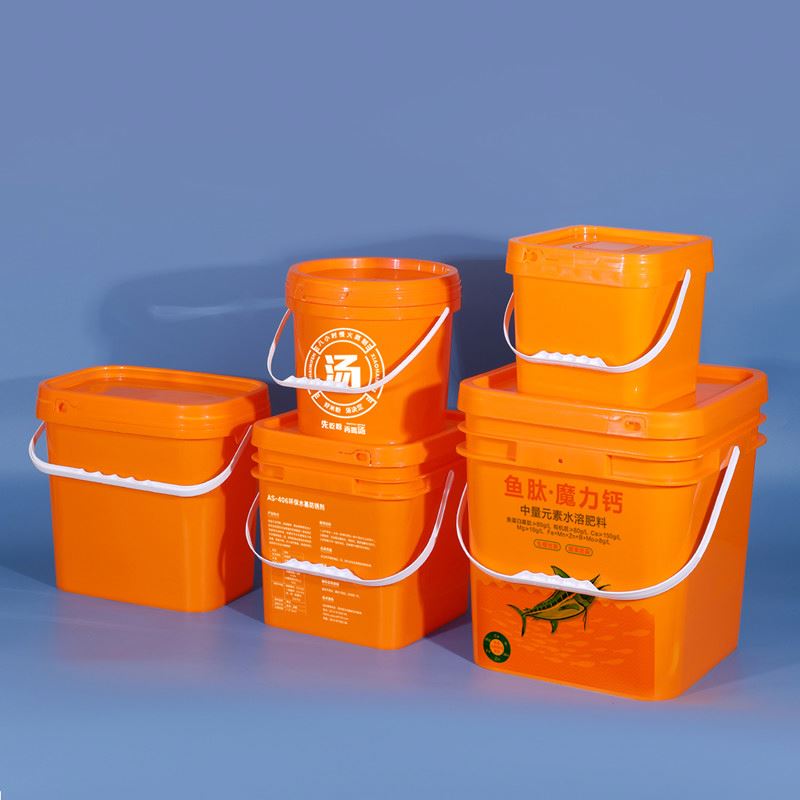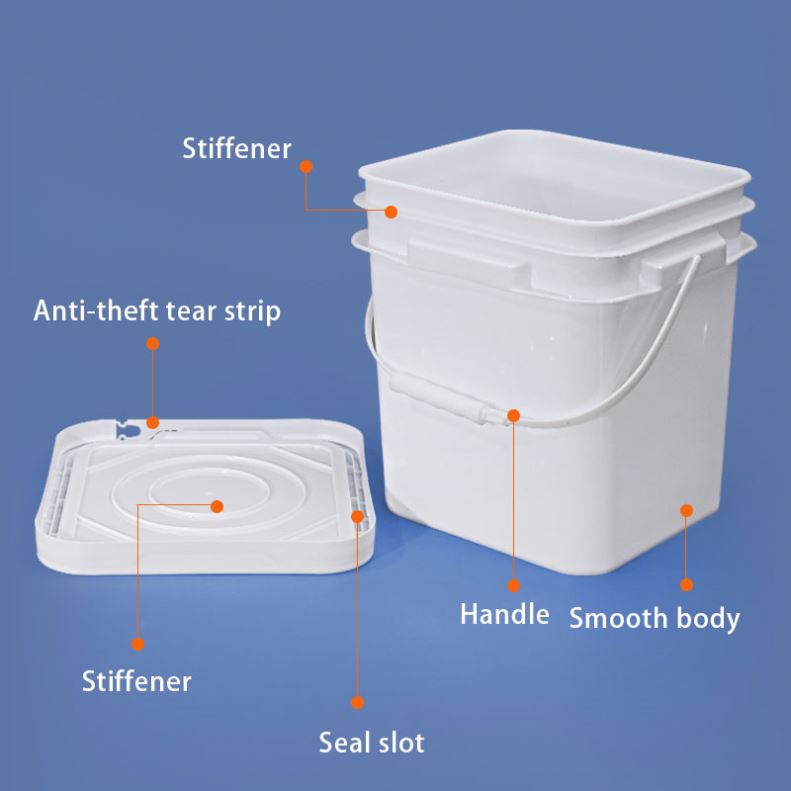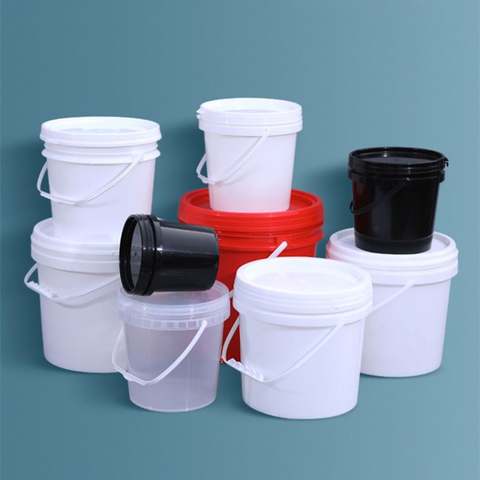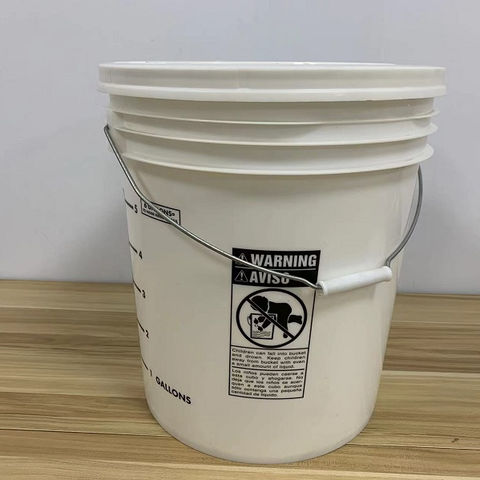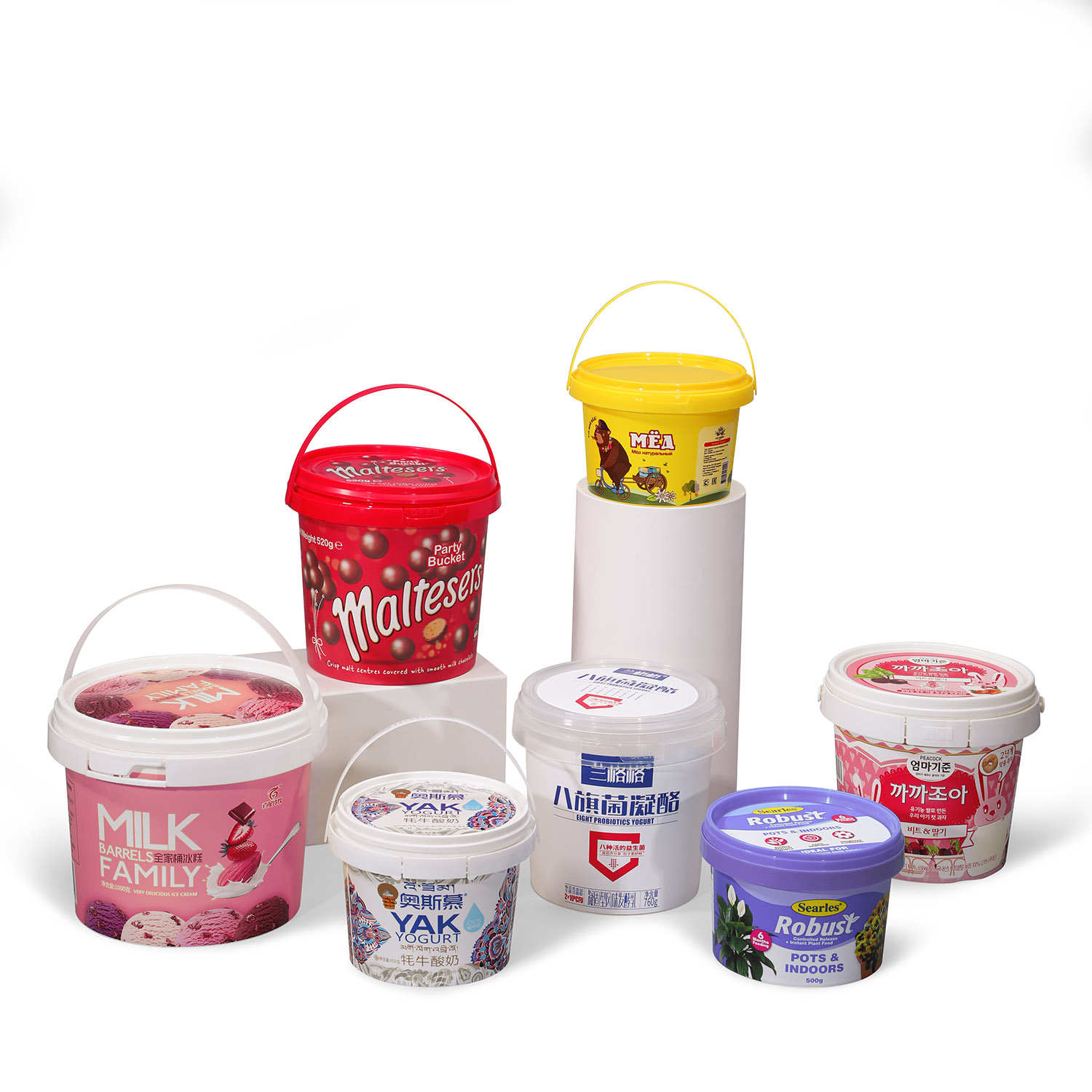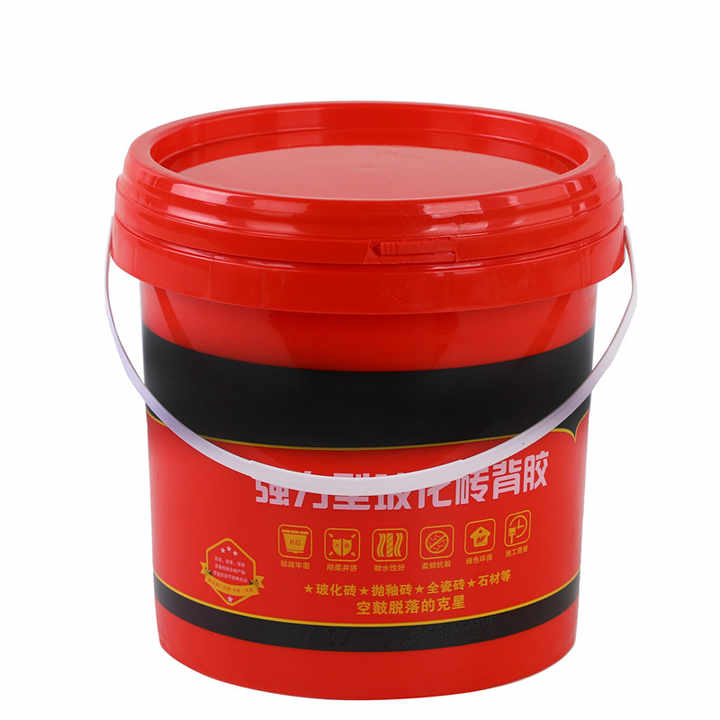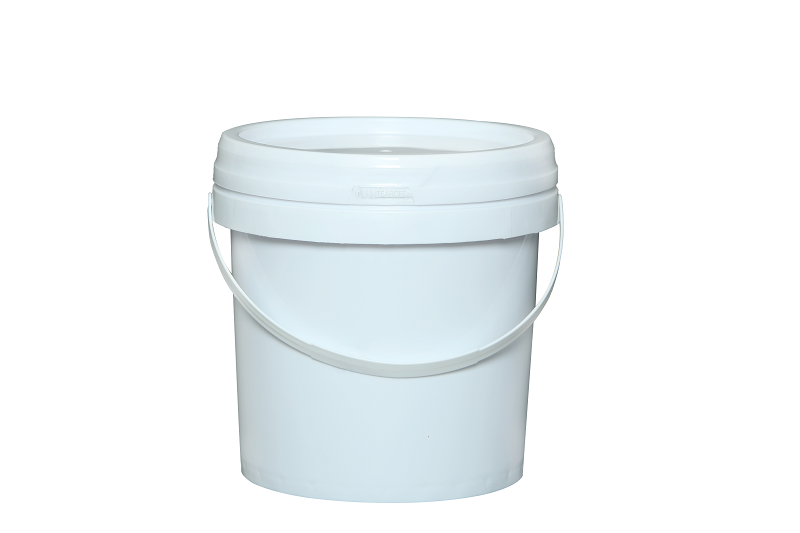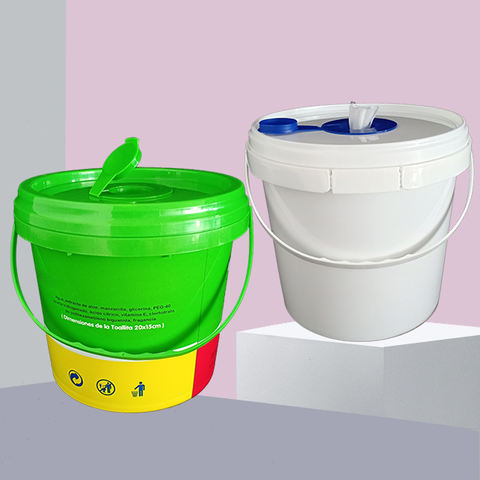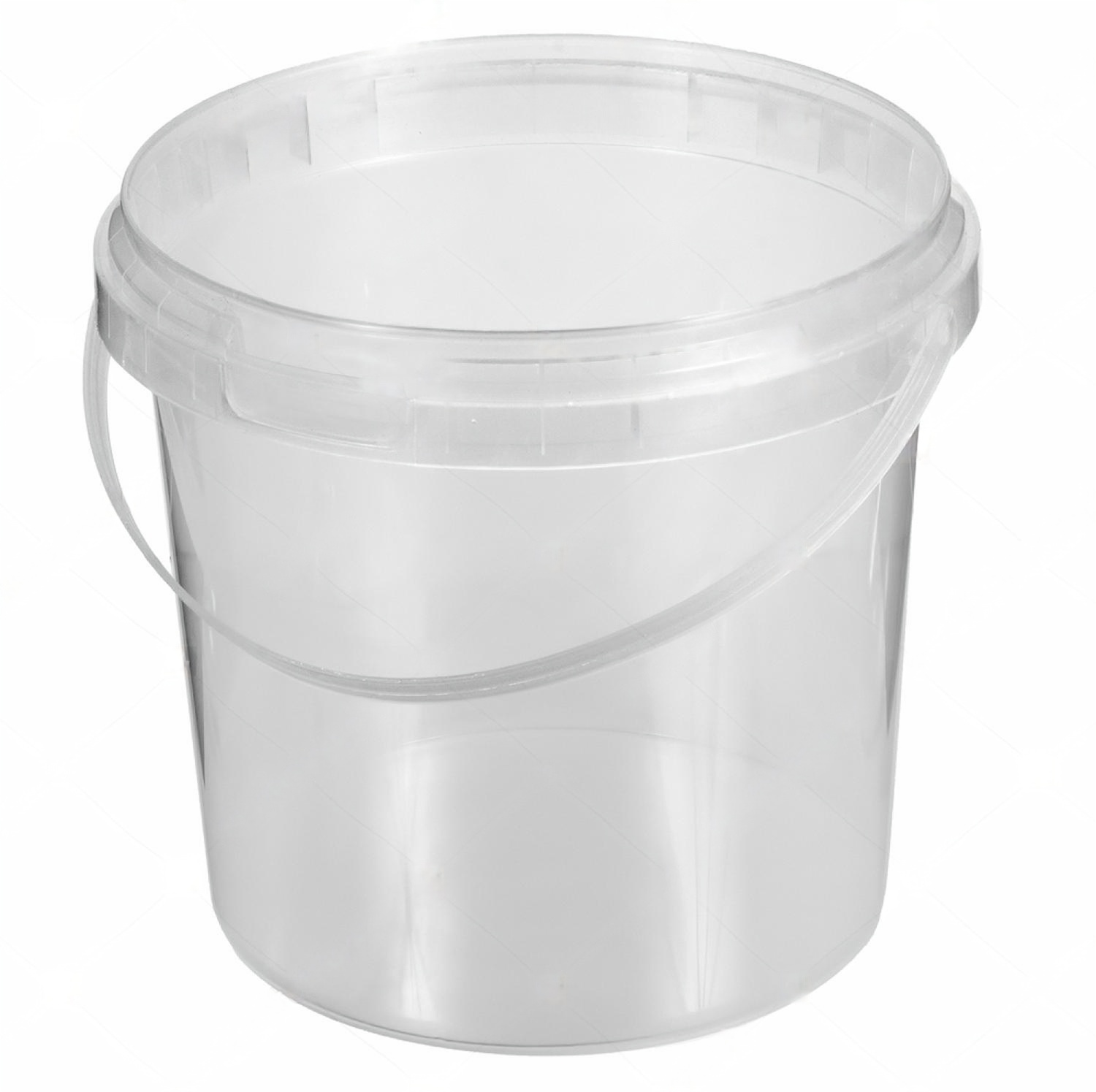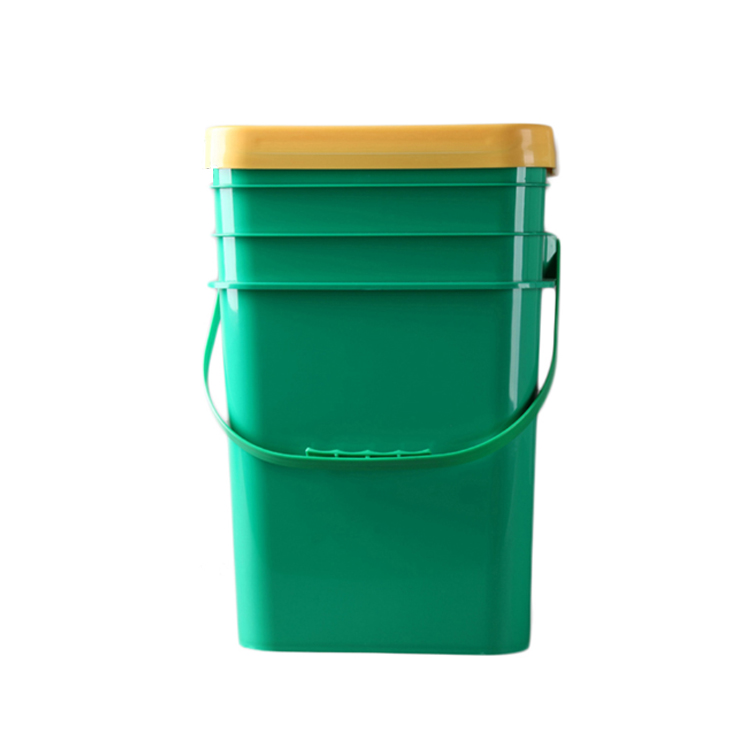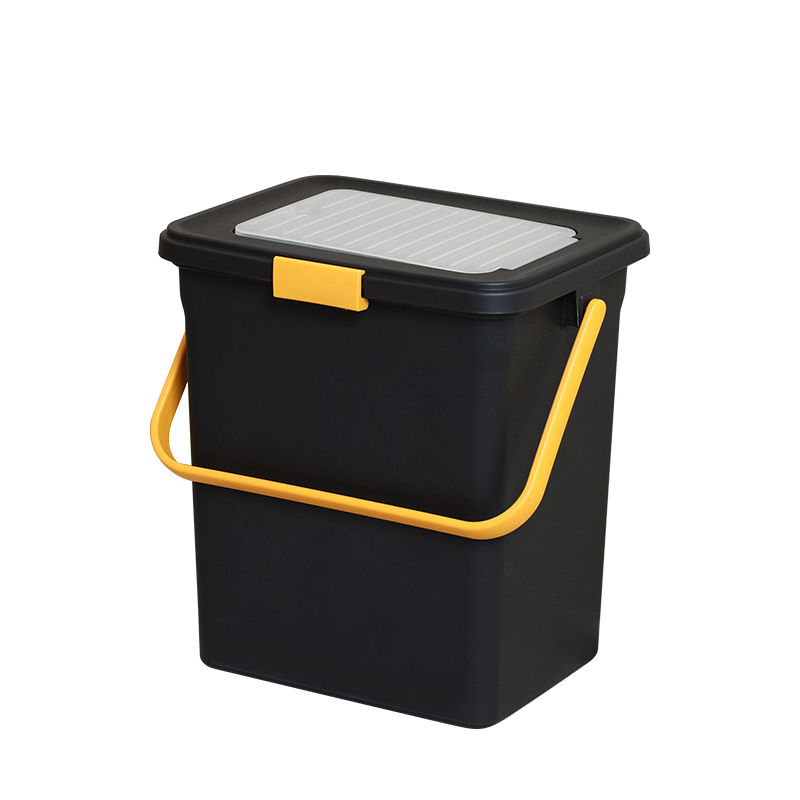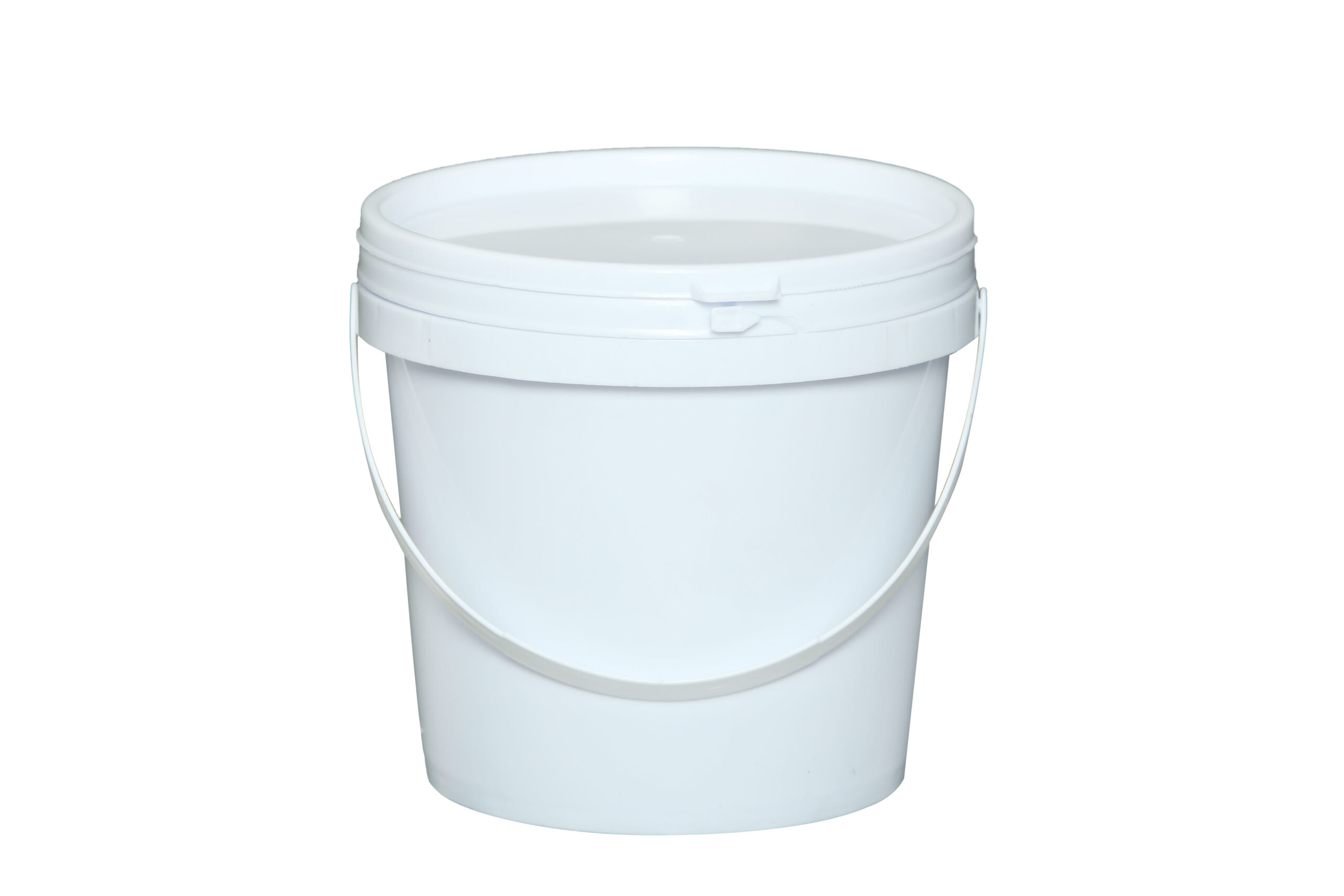
Lorem ipsum dolor dolor sit amet, consectetur adipiscing elit, sed do eiusmod Lorem ipsum dolor sit amet consectetur adipiscing elit, sed do eiusmod lorem lorem ipsum
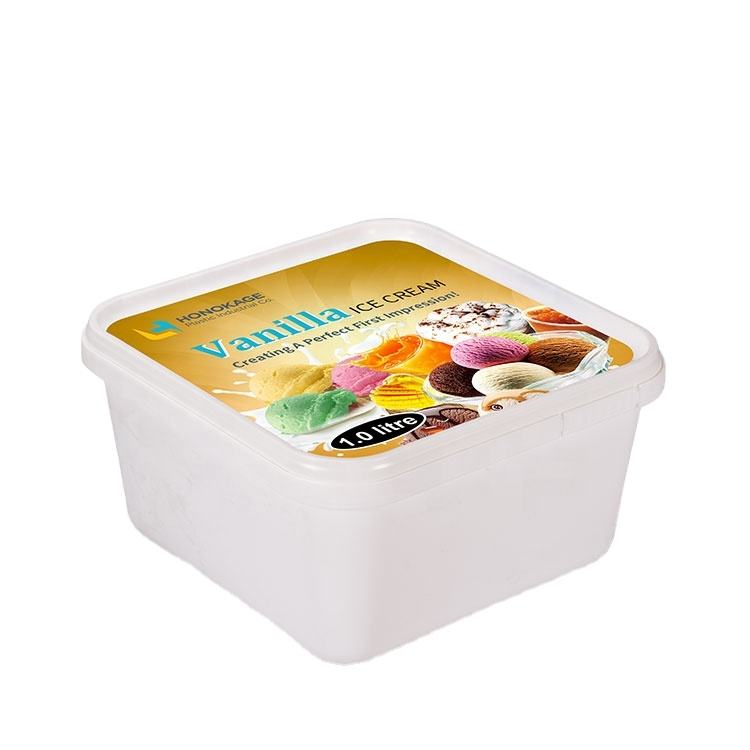
امتثال إدارة الغذاء والدواء الأمريكية: معايير إنتاج حاويات الأغذية
الرئيسية جدول المحتويات مقدمة ضمان سلامة الأغذية أمر بالغ الأهمية في صناعة التعبئة والتغليف. إدارة الغذاء والدواء الأمريكية (FDA)
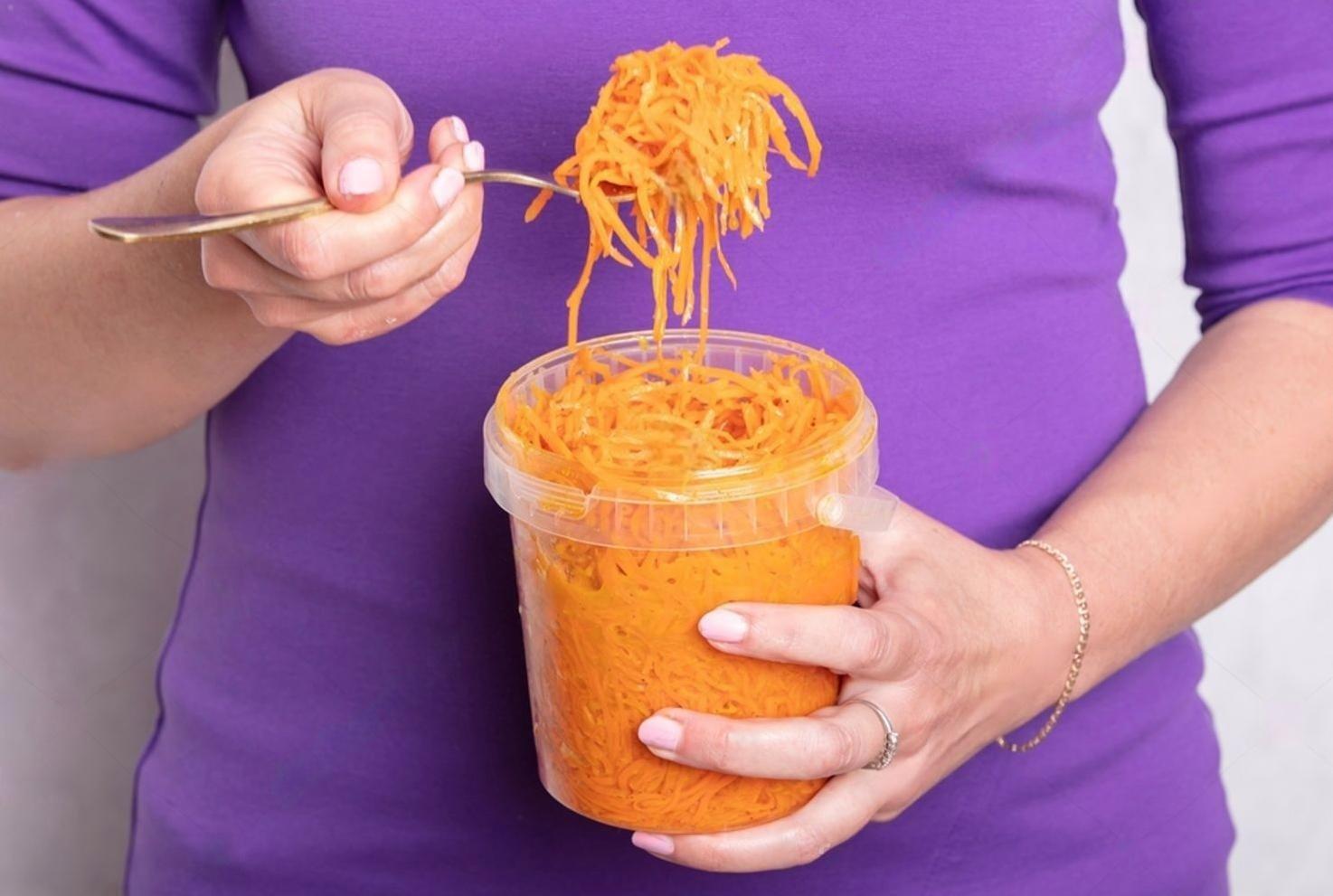
The Science Behind Food-Grade Plastic Buckets
تحليل شامل لإنتاج دلو بذور الطيور في عام 2024، يغطي المواد وعمليات التصنيع ومعايير السلامة وممارسات الاستدامة. دليل أساسي لمحترفي الصناعة والمصنعين.
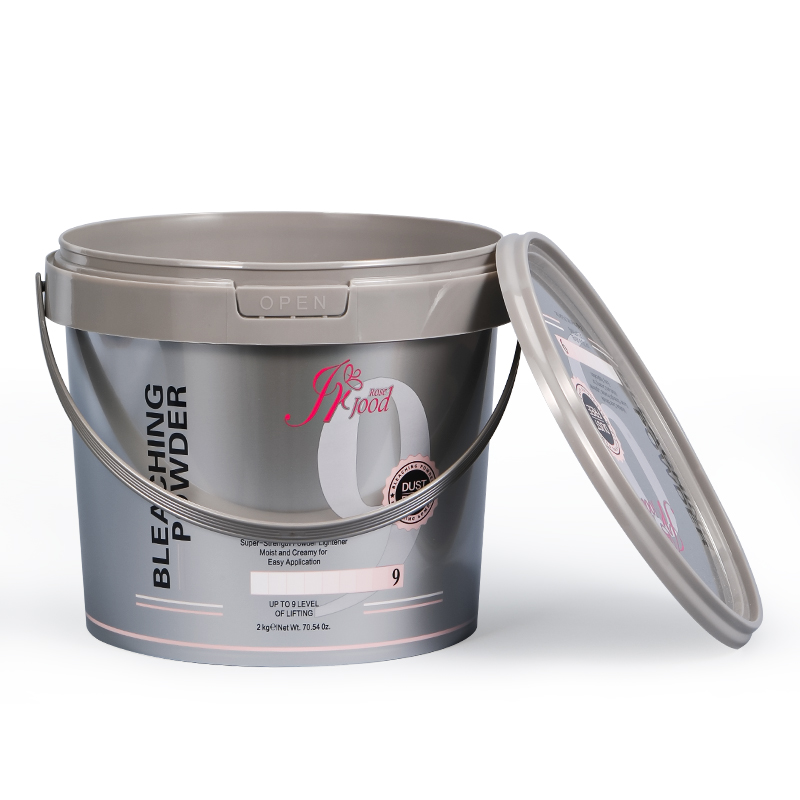
تحسين خط الإنتاج: تصنيع الدلو المستدير متعدد الأحجام
تحليل شامل لإنتاج دلو بذور الطيور في عام 2024، يغطي المواد وعمليات التصنيع ومعايير السلامة وممارسات الاستدامة. دليل أساسي لمحترفي الصناعة والمصنعين.

